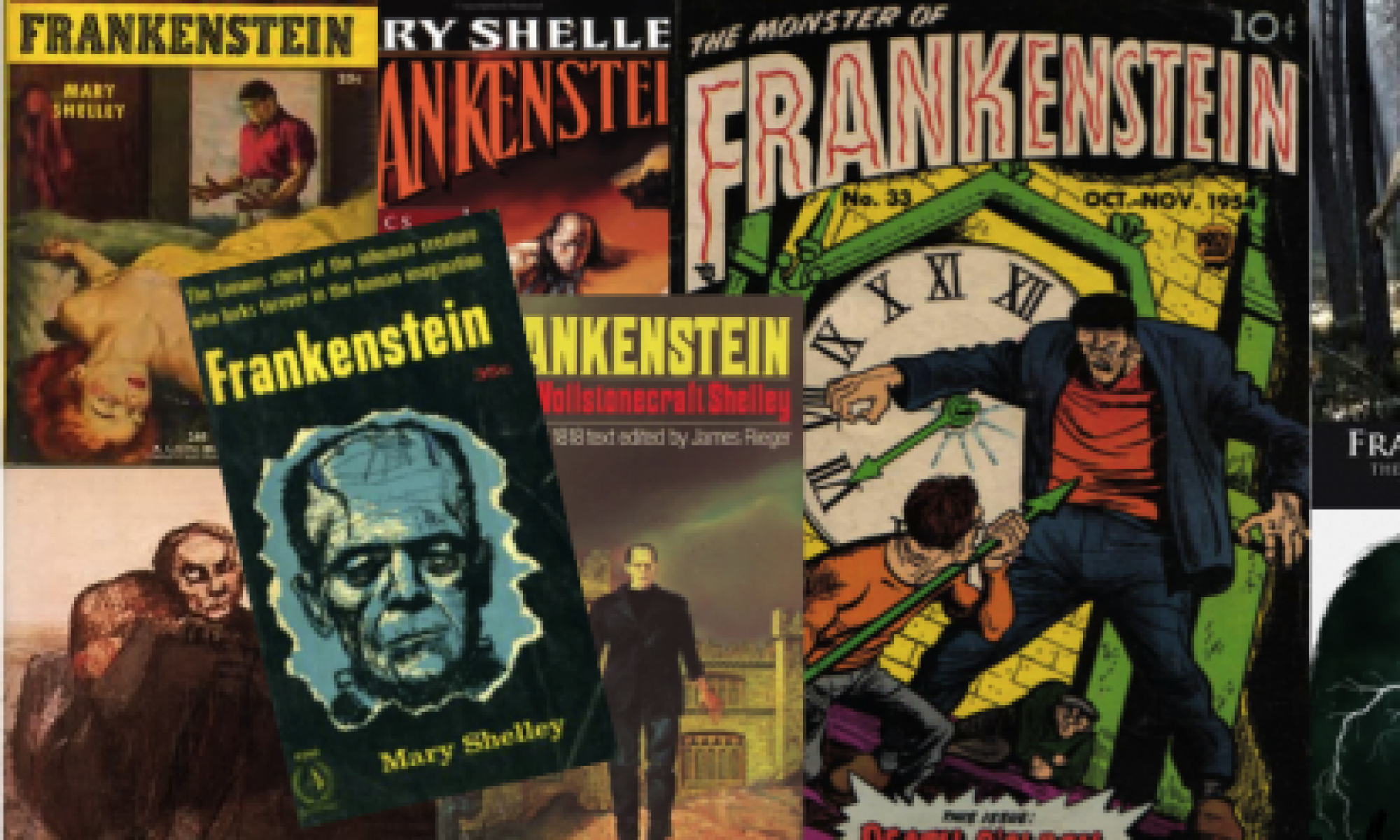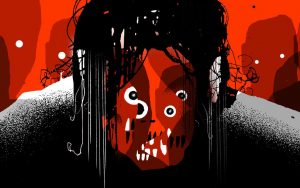Mary Shelley/Mrs. Percy Shelley (will we ever know?),
First of all, I would like to congratulate you on creating such a successful piece of literature! What an accomplishment! Frankenstein is an incredibly interesting story that poses many important questions about society and life in general. The way you came up with the book is an entertaining story as well. However, with all great (interpretive) literature comes many questions. I love the plot of the story and the intricacy of the characters, I just feel as if I was left wanting to know much more about them.
My first question would have to be, if the monster wasn’t actually that physically grotesque and homely, why was Victor so disgusted by him? Why did he immediately abandon him without, either thinking of the consequences OR at least attempting to communicate with him? What immediately turned him away from the monster? I guess that was more than one question. I feel like all of the physical adaptations of Frankenstein recreate the monster’s image to make it make more sense, so I don’t understand why Frankenstein was so extremely disgusted by his creature in the first place. If anything, you would think that he would be proud of what he made. He spent his whole life consumed by the idea of creating sentient life, and when he finally did, he wasn’t even proud of what he had done. If I had created life from nothing I know I would be extremely proud of myself.
Another part of the plot that I felt was left unresolved was Justine’s character as a whole. If she knew the consequences of admitting to the crime, why did she give up and admit to something she didn’t do? It seems as if she either convinced herself that she actually did murder William, or she just gave up in defending herself. Either way, I don’t really understand why she did what she did. If my life was on the line I would never plead guilty. This part of the plot always confuses me when I read and re-read it. One the other hand, I love the connection between Justine’s name and the word ‘justice’. Very ironic!
Another thing I think about a lot is the fact that Victor destroyed the female monster. What would have changed if he hadn’t? Would the monster still have murdered numerous people, and would an additional monster mean additional deaths? Or, would they be content together and avoid all of the killings? I feel as though changing this small detail would have changed the story completely, or at least certain aspects of the monster’s character.
One final plot point that I found to be left ambiguously unanswered is the monster’s moral dilemma at the end. In class we discussed whether or not his feelings of remorse and self-hatred were genuine, but when I read it myself I had no doubts that they were. I was strong in my opinion until I heard other students debate whether or not he actually felt remorse and grief. Did you intend for this to be a genuine interaction between the monster and Waldon? How are we supposed to feel at the end of the story? I understand that there is no real right response to a book, but how did you intend the audience to perceive the monster at the end of the novel?
This book fosters fantastic conversations. It’s easy to debate the motives, the personalities and the validity of each and every character. There are many ambiguous aspects of the story, which, in my opinion, make it a good and interesting read.

